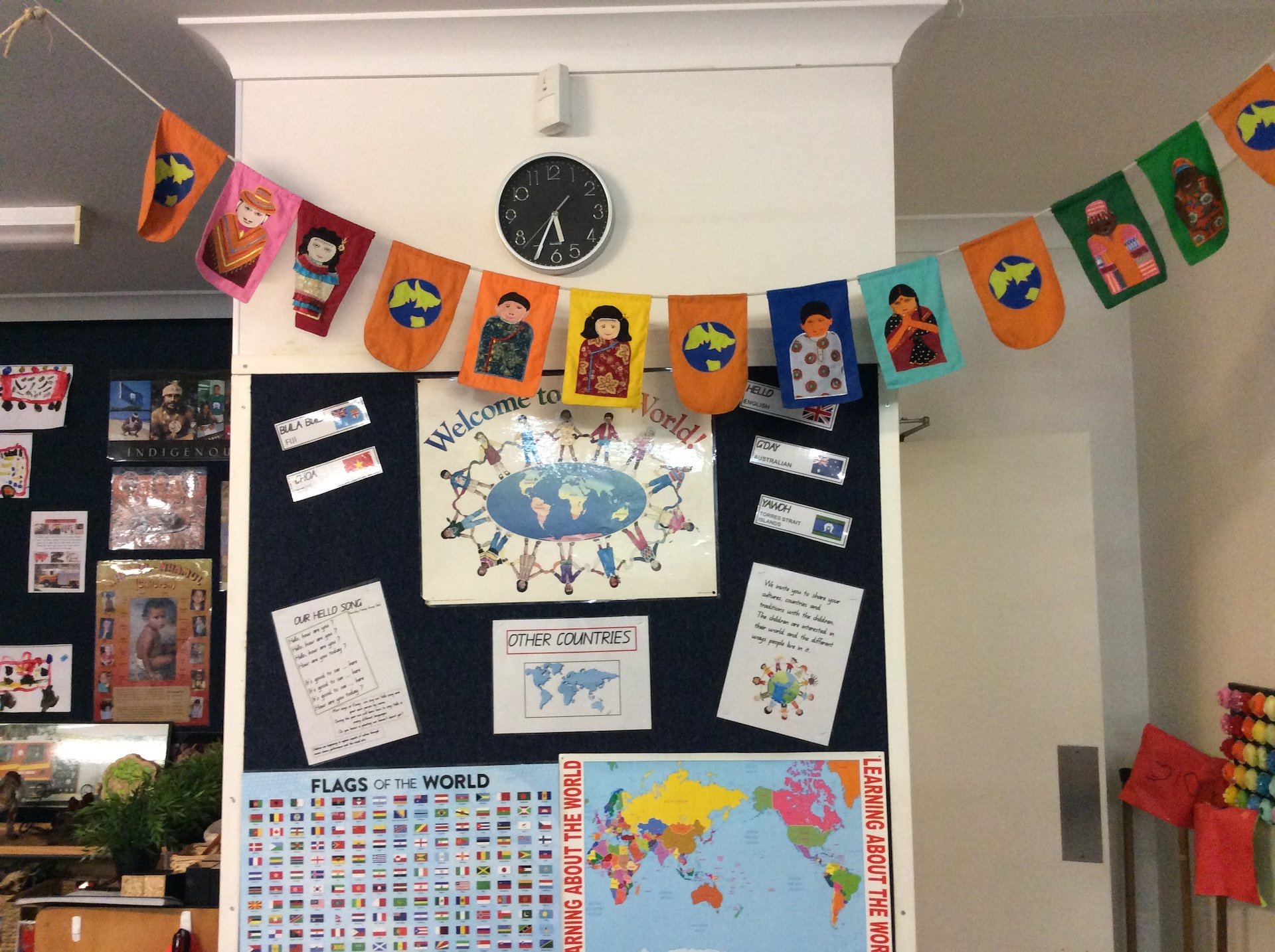To view JCK Philosophy Click Here
Jamboree Community Kindergarten Philosophy.
Jamboree Community Kindergarten is a place for children to play, feel safe and be valued for who they are.
The learning environment provides safe, secure, spacious indoor and outdoor areas. The Kindergarten promotes a sense of wonder, exploration and investigation, where children can engage in purposeful and meaningful learning experiences.
At Jamboree Community Kindergarten children are valued as individuals from diverse backgrounds who bring unique strengths, experiences and understandings of their world.
In the learning environment, play is valued as a significant means for learning. Our stimulating environment fosters creativity, curiosity, problem solving, discoveries, observations and collaborations between educators, children and families.
Jamboree Community Kindergarten is a well-resourced centre where staff is intentional in making it an aesthetically pleasing environment for children to play, interact and learn with other children, parents and educators.
The well-being of children and their development is the fundamental focus for all decision making in all aspects of the centre.












In relation to children we:
Believe that all children are capable and competent.
Value the uniqueness and individuality of each child and family.
Protect and promote children’s well-being, health, safety and security.
Believe that children learn as part of a collaborative process with adults, other children and their physical environment.
Support children’s exploration of the natural world and foster sustainable practices.
Encourage children to listen to each other and assist one another in learning.
Recognize that children have diverse ways of expressing themselves.
Believe children need to be respected, valued, feel happy and have a high level of self-esteem.
Believe children have the right to play, feel safe and be valued for who they are.
Encourage children to be independent, to ensure strong foundations for learning.
Encourage children to take risks and challenge their thinking, skills and ideas.
In relation to families and community we:
Support families as children’s first and most influential teachers.
Welcome families as partners in their children’s learning and actively encourage their participation.
Value the diversity within our local community and encourage collaboration.
Recognize the unique culture, values and beliefs that each family brings to the Kindergarten.
Encourage reciprocal communication and relationships with families and support strong connections.
As educators we:
Value, support and implement inclusive practices ensuring all children have access to our quality learning community.
Encourage respectful and socially just practices and advocate for the rights of children.
Are guided professionally by the Early Childhood Australia Code of Ethics.
Embed the Early Years Learning Framework for Australia; Building Waterfalls curriculum framework and the National Quality Standards into our daily practice.
Respect children’s cultural identity and recognize each child as an individual with unique talents.
Believe an effective learning environment provides a flexible curriculum and involves children in actively constructing their own learning and that learning is dynamic, complex and holistic.
Encourage children to take risks and challenge their thinking, skills and ideas.
Believe all young children and families should have access to high quality educational programs that provide a stimulating, secure, sustainable and caring environment.
Provide programs, which help children, learn about themselves and their environment, encouraging them to reach their full potential.
Promote and value ongoing professional development, learning and reflective practice to ensure continuous improvement.
Embed Aboriginal and Torres Strait Islander and cultural perspectives in the curriculum.
We educate and support our community in relation to child protection and safe practices.
“This document has been prepared and formally adopted by the Executive Committee to provide an outline of the philosophy that has made the centre a success and to ensure its continued success. Adopted November 2012. Reviewed January 2020.”





